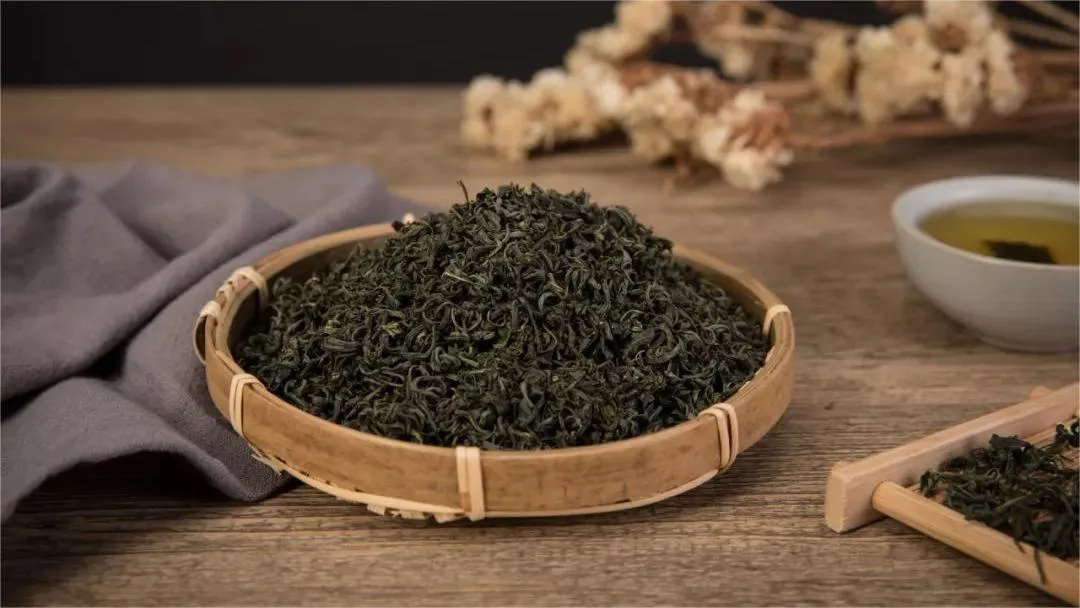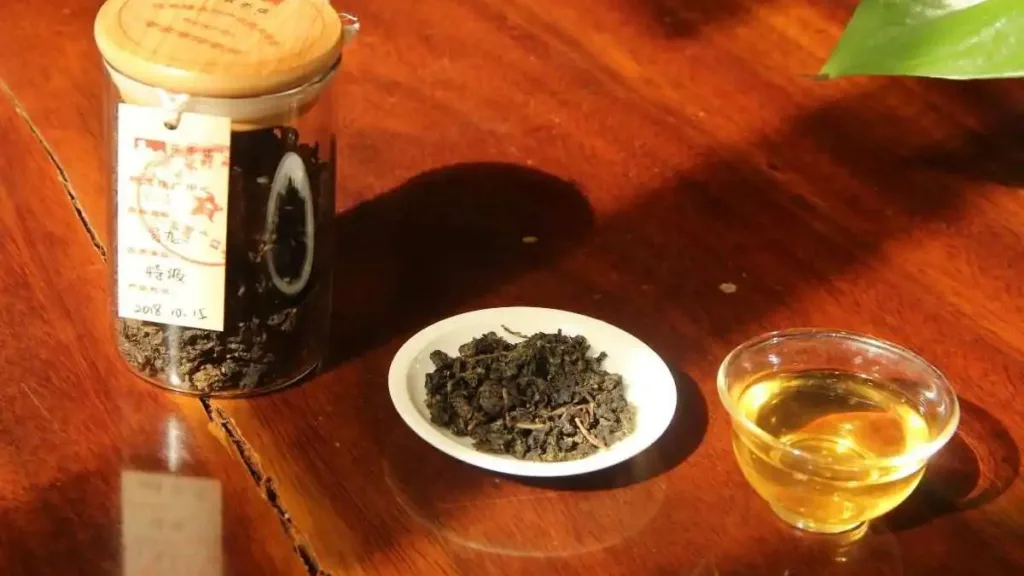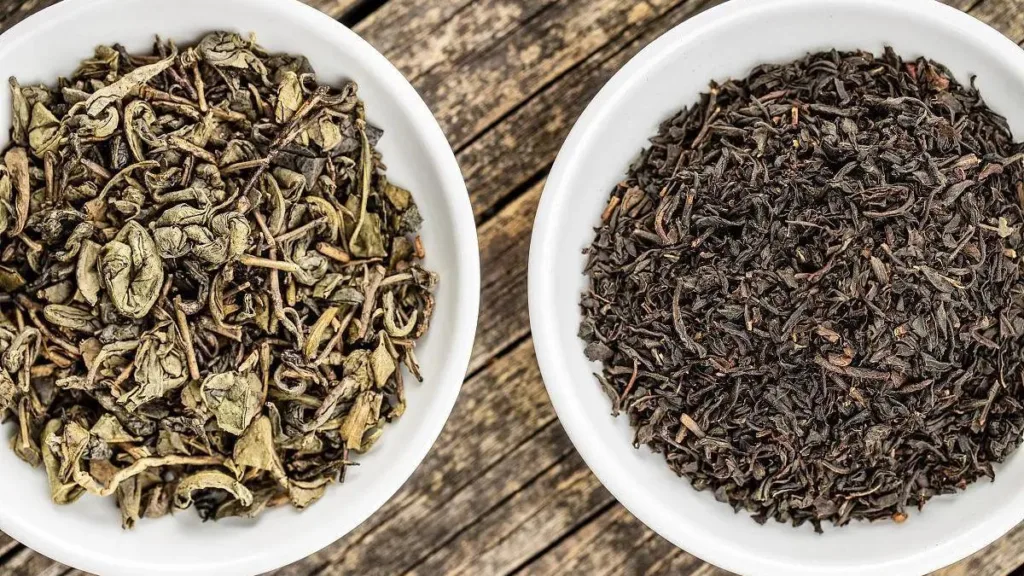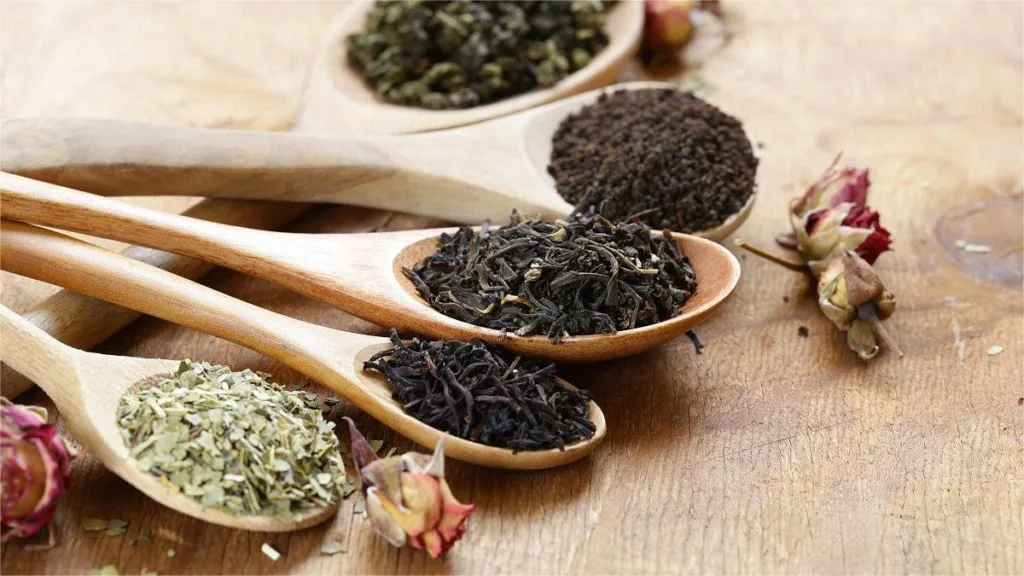Tea has played a multifaceted role in Chinese culture for centuries, with its origins rooted in ancient China. While tea has long been celebrated as a beverage, its use as a medicinal remedy is deeply ingrained in Chinese history. The medicinal properties of tea were recognized and documented as early as the Shennong Ben Cao Jing, a legendary Chinese pharmacological work attributed to Emperor Shennong in the 3rd millennium BCE.
In ancient China, tea was not merely a pleasurable beverage but also a revered elixir with therapeutic benefits. Traditional Chinese medicine (TCM) practitioners emphasized the medicinal properties of different tea varieties, attributing various healing properties to each. Green tea, for instance, was believed to have cooling effects on the body, aiding digestion and promoting mental alertness. On the other hand, black tea was often associated with warming properties, suitable for dispelling cold and dampness within the body.
Tea’s medicinal use was not limited to its impact on physical health. Chinese physicians recognized the connection between the mind and body, considering tea as a means to achieve mental clarity and spiritual well-being. The act of preparing and consuming tea became a ritual that promoted relaxation and balance, aligning with the principles of harmony and balance central to traditional Chinese philosophy.
Furthermore, the Chinese believed that tea possessed detoxifying qualities, purifying the body of impurities and promoting longevity. This perception is reflected in various ancient Chinese texts, where tea is lauded for its ability to cleanse the body and maintain health.
The art of tea preparation also became intertwined with traditional medicine. The meticulous attention to detail in brewing tea was considered essential to unlocking its full medicinal potential. Different preparation methods, such as brewing, steeping, and fermenting, were believed to extract distinct therapeutic properties from the tea leaves.
In summary, the ancient Chinese viewed tea not only as a delightful beverage but also as a powerful medicinal elixir. Its consumption was deeply rooted in the principles of traditional Chinese medicine, where different tea varieties were believed to offer a range of health benefits. The cultural and medicinal significance of tea in ancient China has left an enduring legacy, shaping the continued appreciation and consumption of tea for both pleasure and health in Chinese society and beyond.



